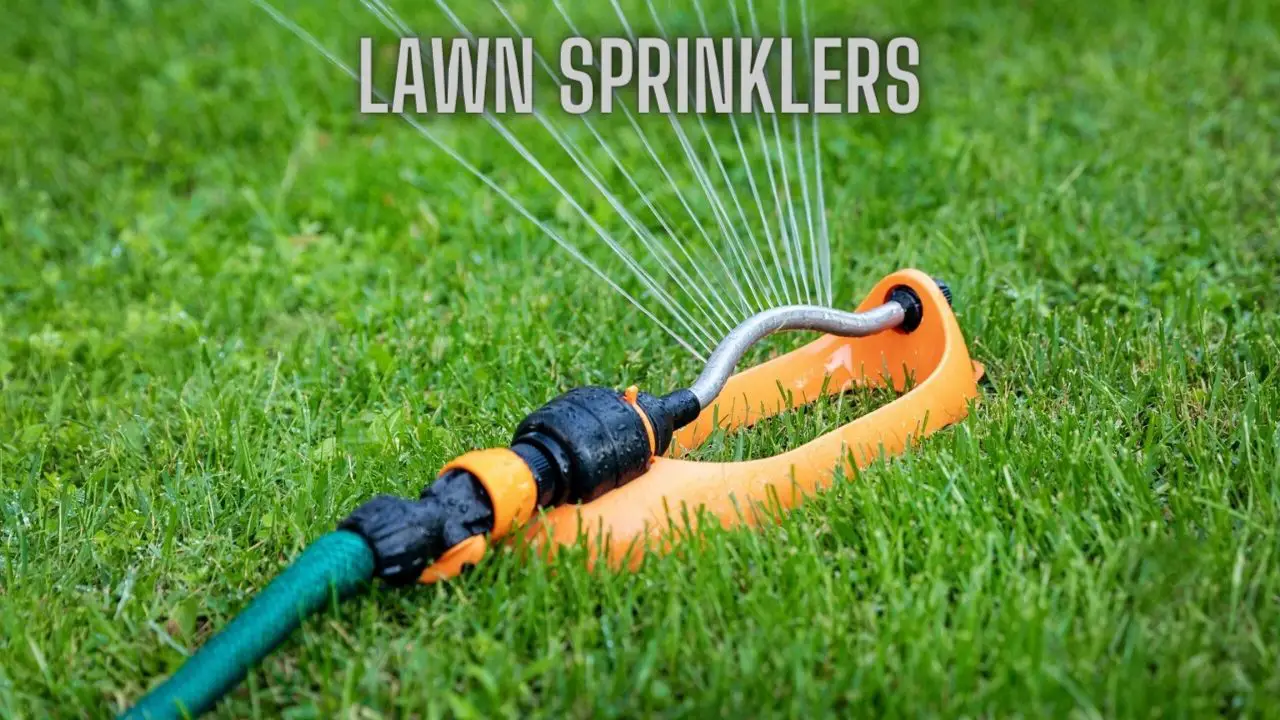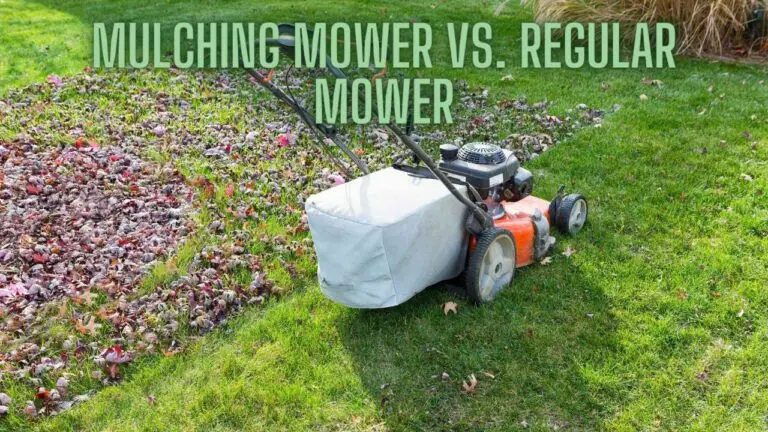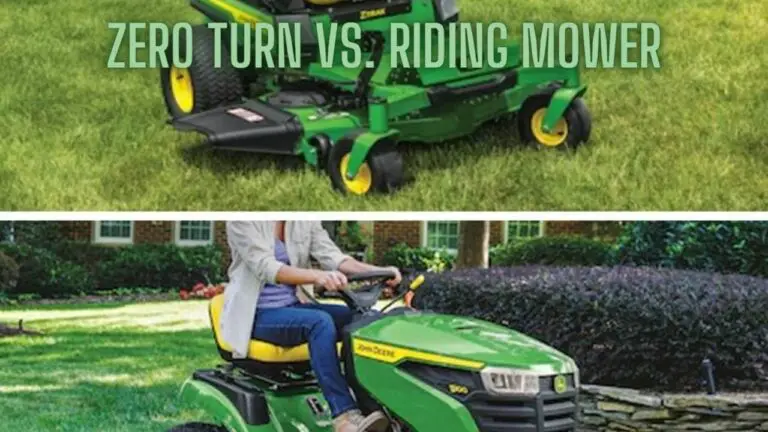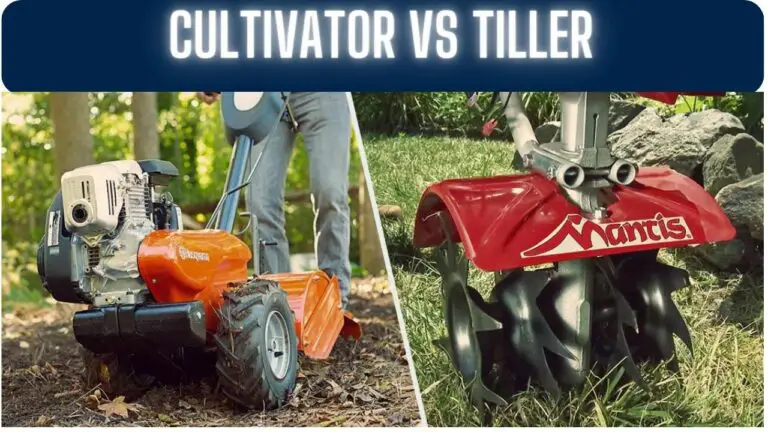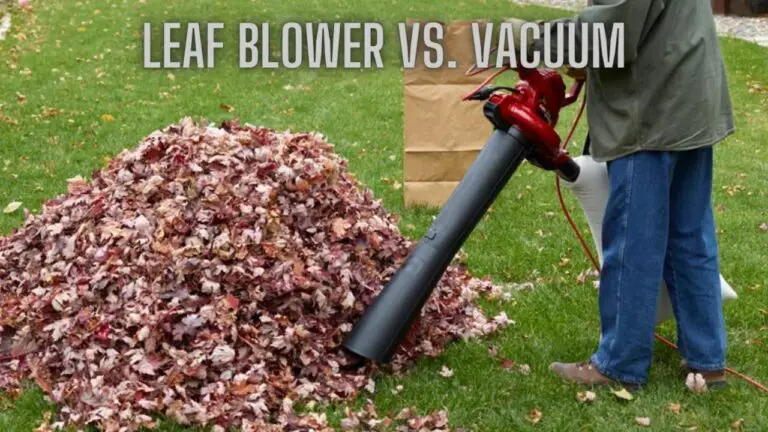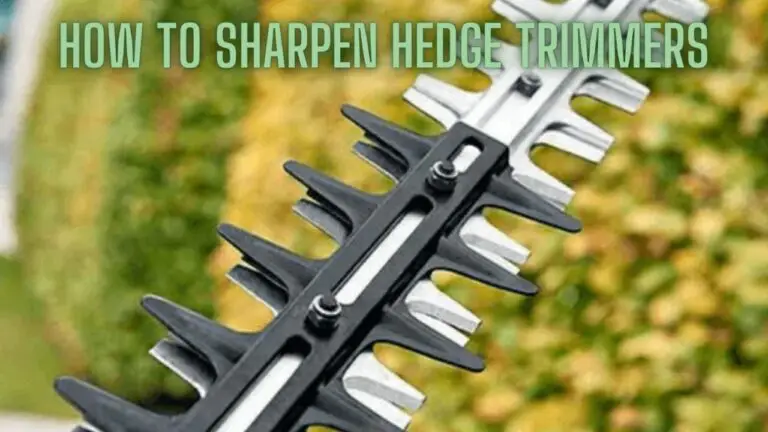Exploring the World of Lawn Sprinklers: Types, Benefits, and Choosing the Right One
1. Introduction
A lush, green lawn is a source of pride for many homeowners. To maintain a healthy lawn, proper watering is essential. This is where lawn sprinklers come into play. Lawn sprinklers are not only convenient but also efficient in distributing water evenly across your lawn. However, choosing the right type of lawn sprinkler can be a bit daunting as there are several options available. In this comprehensive guide, we’ll explore the various types of lawn sprinklers, their benefits, and help you select the one that suits your lawn’s needs.
A beautiful lawn enhances the curb appeal of your home and provides a perfect setting for outdoor activities. To keep your lawn looking vibrant, it requires a consistent and adequate supply of water. While manual watering methods can be effective, they are often time-consuming and may result in uneven water distribution. Lawn sprinklers, on the other hand, offer a more efficient and automated solution for lawn irrigation.
In this article, we’ll delve into the world of lawn sprinklers, exploring the different types available, their advantages, and what factors you should consider when choosing the right one for your specific needs. Let’s get started.
2. The Importance of Lawn Sprinklers
Lawn sprinklers are an integral part of lawn care for several reasons:
- Efficient Watering: Lawn sprinklers distribute water evenly across your lawn, ensuring that every area receives the right amount of moisture.
- Time-Saving: Automated lawn sprinklers save you time and effort compared to manual watering methods. You can set them to operate at specific times, even when you’re not at home.
- Consistent Growth: A consistent watering schedule promotes healthy and even grass growth, resulting in a lush, vibrant lawn.
- Water Conservation: Many modern lawn sprinklers are designed with water-saving features, helping you conserve this valuable resource.
- Enhanced Property Value: A well-maintained lawn boosts your property’s value and adds to its overall appeal.
3. Types of Lawn Sprinklers
There are several types of lawn sprinklers available, each with its unique method of distributing water. Let’s explore the most common types:
3.1. Rotary Sprinklers
Rotary sprinklers, also known as rotary or rotor sprinklers, are among the most popular options for larger lawns. They work by rotating streams of water in a circular pattern, providing even coverage over a large area. Here are some key features and benefits of rotary sprinklers:
- Adjustable Range: Many rotary sprinklers allow you to adjust the range and pattern of water distribution, catering to the specific shape and size of your lawn.
- Efficient for Large Lawns: They are ideal for large, open lawns as they can cover a wide area efficiently.
- Uniform Distribution: Rotary sprinklers offer consistent and uniform water distribution, preventing overwatering or dry patches.
- Durability: These sprinklers are built to withstand outdoor conditions and are known for their durability.
3.2. Oscillating Sprinklers
Oscillating sprinklers, recognizable by their back-and-forth, fan-like motion, are well-suited for rectangular or square-shaped lawns. They are known for their simplicity and versatility. Here are some features and benefits of oscillating sprinklers:
- Adjustable Range and Width: You can often adjust the range and width of the spray, making it adaptable to different lawn shapes.
- Even Coverage: Oscillating sprinklers provide even water distribution, preventing dry spots.
- Easy to Use: They are user-friendly and require minimal setup.
- Affordable: Oscillating sprinklers are typically cost-effective.
3.3. Stationary Sprinklers
Stationary sprinklers, also referred to as fixed or stationary spray sprinklers, are best suited for smaller lawns or for targeting specific areas that require extra attention. They spray water in a fixed pattern, covering a limited area. Here’s why stationary sprinklers are valuable:
- Precise Watering: Stationary sprinklers are ideal for gardens, flower beds, or small lawn sections that need precise watering.
- Water Conservation: They minimize water wastage by focusing on specific areas rather than broadly irrigating the entire lawn.
- Durability: Stationary sprinklers are known for their durability and resistance to wear and tear.
3.4. Traveling Sprinklers
Traveling sprinklers, also known as self-propelled or walking sprinklers, are a unique type of sprinkler that moves across your lawn on its own. They are excellent for covering large areas without the need for manual adjustment. Key features and benefits include:
- Automated Operation: Traveling sprinklers move along a set path, covering extensive areas automatically.
- Consistent Coverage: They provide consistent water distribution across the entire path they travel.
- Versatility: Traveling sprinklers are ideal for irregularly shaped lawns and gardens.
- Water Savings: These sprinklers are designed for water efficiency and can help conserve water while maintaining your lawn.
3.5. Drip Irrigation
Drip irrigation is a different approach to lawn watering, involving the slow and precise delivery of water directly to the base of plants and grass. It’s more commonly used for gardens and landscaping but can be adapted for lawns with specific needs. Here are the features and benefits of drip irrigation:
- Water Efficiency: Drip irrigation is highly efficient, reducing water wastage and minimizing evaporation.
- Targeted Watering: It provides water directly to the root zone of plants, promoting healthy growth.
- Conservation: Drip irrigation is known for water conservation, making it an environmentally friendly choice.
- Customization: You can customize drip irrigation systems to suit your lawn’s specific layout and needs.
Now that we’ve explored the various types of lawn sprinklers, it’s essential to understand the benefits associated with each type and the factors to consider when choosing the right one for your lawn. In the following sections, we’ll dive deeper into these aspects.
4. Benefits of Different Lawn Sprinkler Types
Each type of lawn sprinkler offers specific benefits, making them suitable for various lawn sizes, shapes, and watering needs. Here’s a summary of the advantages associated with each type:
Rotary Sprinklers:
- Efficient for large lawns.
- Adjustable range and pattern.
- Uniform water distribution.
- Durability for long-term use.
Oscillating Sprinklers:
- Ideal for rectangular or square lawns.
- Adjustable range and width.
- Even coverage.
- User-friendly and affordable.
Stationary Sprinklers:
- Precise watering for specific areas.
- Water conservation by targeting only necessary spots.
- Durability and resistance to wear.
Traveling Sprinklers:
- Automated operation across large areas.
- Consistent coverage.
- Versatile for irregularly shaped lawns.
- Water-efficient design.
Drip Irrigation:
- Exceptional water efficiency.
- Targeted watering for plant roots.
- Environmentally friendly and water conservation.
- Customizable to lawn layout and needs.
The choice of lawn sprinkler type depends on the characteristics of your lawn and your specific requirements. Before making a decision, there are several factors to consider. Let’s explore these considerations in the next section.
5. Factors to Consider When Choosing a Lawn Sprinkler
Selecting the right lawn sprinkler involves considering several important factors. These factors help determine which type of sprinkler is best suited to your lawn’s size, shape, and watering needs. Here’s what you should keep in mind:
- Lawn Size and Shape: The size and shape of your lawn are critical in determining the most suitable sprinkler type. Large, open lawns may benefit from rotary or traveling sprinklers, while smaller or irregularly shaped lawns may require stationary or oscillating sprinklers.
- Water Pressure: Consider the water pressure available at your property. Some sprinklers may require higher water pressure to operate effectively. Make sure your water source can support your chosen sprinkler type.
- Watering Needs: Assess your lawn’s watering needs. Does it have specific areas, such as flower beds or garden sections, that require precise watering? If so, stationary or drip irrigation may be appropriate.
- Automation Preferences: Consider whether you prefer an automated sprinkler system with a timer or a manual system. Automated systems are convenient but may be costlier to install.
- Water Conservation: If water conservation is a priority, look for sprinklers with water-saving features. Drip irrigation, for instance, is known for its efficiency in this regard.
- Durability and Maintenance: Evaluate the durability and maintenance requirements of different sprinkler types. Some may require more maintenance than others, so choose one that aligns with your maintenance preferences.
- Budget: Set a budget for your lawn sprinkler system. Prices can vary significantly between types and brands, so establish a budget that fits your financial plan.
- Environmental Considerations: Consider any local environmental regulations or restrictions on water usage that may affect your choice of a lawn sprinkler.
By carefully considering these factors, you can make an informed decision and choose the right lawn sprinkler type for your specific needs.
6. Installation and Maintenance
Once you’ve chosen the right lawn sprinkler for your needs, it’s essential to understand the installation and maintenance requirements. Proper installation ensures the sprinkler operates efficiently, while regular maintenance prolongs its lifespan. Here are some general installation and maintenance tips:
- Installation: Follow the manufacturer’s installation instructions carefully. Consider the water source, placement of the sprinkler, and any additional components needed, such as hoses or connectors.
- Regular Inspections: Periodically inspect your sprinkler system to ensure it’s functioning correctly. Check for clogs, leaks, and any damage to components.
- Cleaning: Clean the sprinkler heads and nozzles to prevent clogs. Remove any debris that may obstruct the water flow.
- Adjustment: Adjust the sprinkler’s range, pattern, and flow as needed to accommodate changes in your lawn’s layout or watering requirements.
- Winterization: If you live in an area with cold winters, make sure to properly winterize your sprinkler system to prevent freezing and damage.
- Replacement Parts: Keep replacement parts on hand in case of wear and tear, ensuring your sprinkler continues to operate effectively.
FAQS
Why do I need a lawn sprinkler?
A lawn sprinkler is essential for efficiently and evenly watering your lawn. It helps maintain a healthy and lush lawn, saves time compared to manual watering, and can be programmed to water your lawn automatically.
What are the different types of lawn sprinklers?
There are several types of lawn sprinklers, including rotary sprinklers, oscillating sprinklers, stationary sprinklers, traveling sprinklers, and drip irrigation systems. Each type has its unique method of water distribution and is suitable for specific lawn sizes and shapes.
Which type of lawn sprinkler is best for a small, square-shaped lawn?
For a small, square-shaped lawn, an oscillating sprinkler is often the most suitable choice. It provides even coverage and allows you to adjust the range and width of the spray.
What type of lawn sprinkler is best for a large, open lawn?
For large, open lawns, rotary sprinklers or traveling sprinklers are often the best options. They cover a wide area efficiently and provide uniform water distribution.
How do I know if my water pressure is suitable for a specific lawn sprinkler type?
Check the manufacturer’s specifications for the recommended water pressure for the sprinkler you’re considering. If your water pressure meets the requirements, the sprinkler should operate effectively.
What is the most water-efficient lawn sprinkler type?
Drip irrigation is the most water-efficient lawn sprinkler type. It delivers water directly to the root zone of plants, minimizing water wastage and promoting water conservation.
Can I automate my lawn sprinkler system?
Yes, many lawn sprinkler systems can be automated using timers or controllers. This allows you to set specific watering schedules and durations, even when you’re not at home.
Do I need professional installation for my lawn sprinkler system?
The level of installation required depends on the complexity of the system you choose. While some lawn sprinklers are easy to set up yourself, more intricate systems may benefit from professional installation.
What should I do to winterize my lawn sprinkler system?
If you live in an area with cold winters, it’s essential to winterize your lawn sprinkler system. This typically involves draining the system to prevent freezing and potential damage. Consult the manufacturer’s instructions or seek professional assistance.
Can I switch between different types of lawn sprinklers for different areas of my lawn?
Yes, you can use multiple types of lawn sprinklers in various areas of your lawn to ensure that each section receives the most suitable type of water distribution.
Are there any environmental considerations when choosing a lawn sprinkler type?
Yes, local environmental regulations or water usage restrictions may impact your choice of lawn sprinkler. Be aware of any restrictions in your area and select a sprinkler that complies with these regulations.
What is the approximate lifespan of a lawn sprinkler?
The lifespan of a lawn sprinkler can vary depending on its quality, usage, and maintenance. However, well-maintained sprinklers can last for several years. It’s a good practice to inspect and replace parts as needed to extend the system’s life.
7. Conclusion
A well-maintained lawn enhances your property’s appearance and provides a comfortable outdoor space for relaxation and recreation. Proper lawn watering is a crucial part of lawn care, and choosing the right lawn sprinkler is the key to efficient and effective irrigation.
By understanding the various types of lawn sprinklers and considering factors such as lawn size, water pressure, and water conservation, you can make an informed decision. The right lawn sprinkler will ensure that your lawn remains healthy, vibrant, and the envy of your neighborhood.
Whether you have a small urban garden or a sprawling estate, there’s a lawn sprinkler type that’s perfect for your needs. So, select the one that aligns with your lawn’s unique characteristics and enjoy the benefits of a beautifully irrigated lawn.

